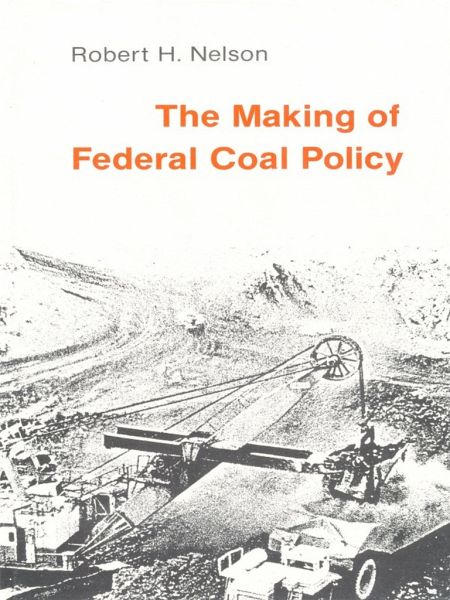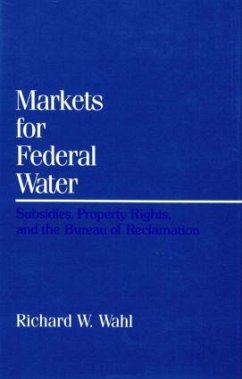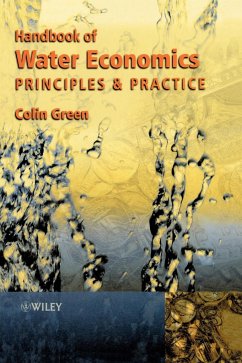
The Making of Federal Coal Policy
Versandkostenfrei!
Versandfertig in über 4 Wochen
112,99 €
inkl. MwSt.

PAYBACK Punkte
56 °P sammeln!
The Making of Federal Coal Policy provides a unique record of-as well as important future perspectives on-one of the most significant ideological conflicts in national policymaking in the last decade. The management of federally owned coal, almost one-third of the U.S.'s total coal resources, has furnished an arena for the contest between energy development and environmental protection, as well as between the federal government and the states. Robert H. Nelson has written an important historical document and a useful guide for policy analysts.












